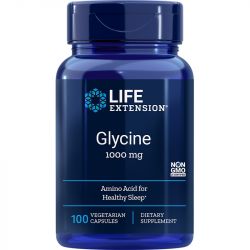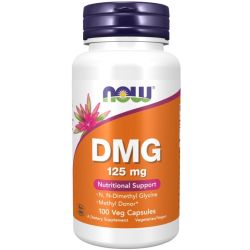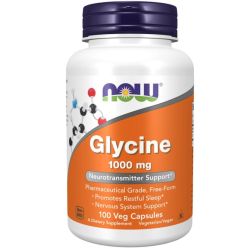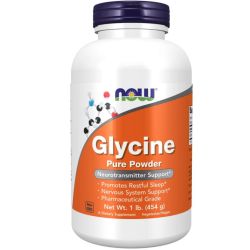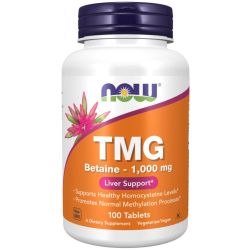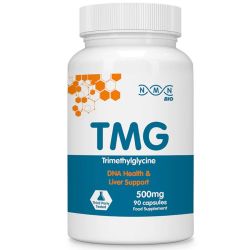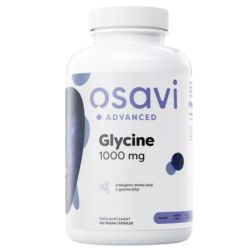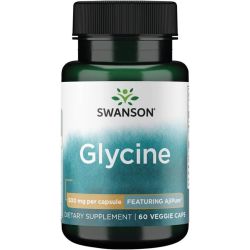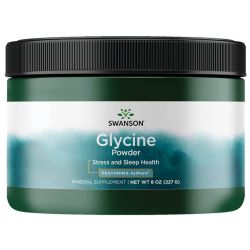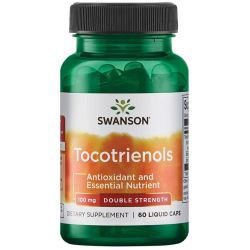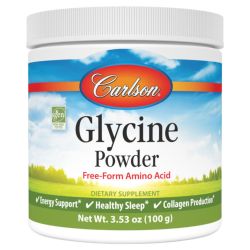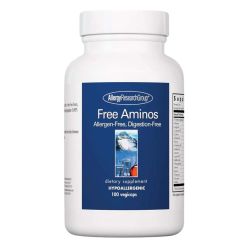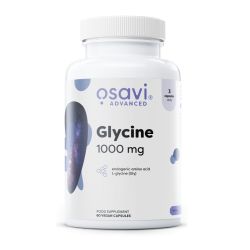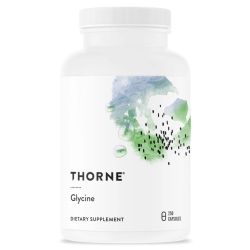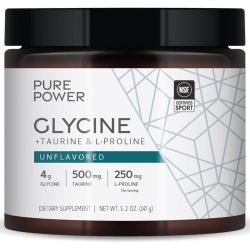Glycine Supplements
Glycine is an amino acid that is a protein building block within the body. We make glycine ourselves naturally, but also consume it through our diet (we should get around 2 grams per day). Glycine is found in many foods that are high in protein such as fish, meat, eggs, cheese, yogurt and some leafy greens. For some people, getting enough protein in their diet can be an issue, especially for vegans and vegetarians. Shop our range of glycine supplements here.
- Pure Power Endurance with Glycine LArginine Berry Blast 260gSpecial Price £50.55 Regular Price £59.47
- Pure Power Glycine Taurine & L-Proline Unflavored 150gSpecial Price £25.26 Regular Price £29.72Out of stock
All you need to know about Glycine
What are the benefits of glycine?
Glycine is used to treat mental health conditions such as schizophrenia, and can also be effective at treating problems with cognitive function, memory loss and brain function. In the body, we use glycine to create proteins. We also use glycine to transmit nerve signals from our brains to other parts of the body. Research has indicated that glycine can be effective in halting the growth of some cancerous tumours, as it stops the blood supply they need to develop. You should consult with your GP before taking glycine supplements.
What are the side effects of glycine?
Glycine supplements are known to be safe for most people when taken orally. For some, mild side effects may occur, including diarrhoea, feeling sick and vomiting, gas and bloating. If you suffer from a bowel condition such as IBS, ask your GP before taking glycine. Glycine can also be applied to the skin topically, as it is included in some skin creams. Applying glycine this way is known to be safe.
What does glycine do to the brain?
Glycine is a neurotransmitter that stimulates brain cells and the nervous system, which in turn influences mood, immune functions, appetite, pain receptors and sleep receptors. Glycine also produces biochemicals that are linked to brain function.
Is glycine good for treating anxiety?
Glycine is good for treating panic attacks that are linked to anxiety, because of the calming influence it has on the brain. It can also be used to treat insomnia that is linked to anxiety, because of the way it increases dopamine production. It has been suggested that 2-10g is required to stop a panic attack. Placing 2g of glycine beneath the tongue can help to ease and calm a person when panic attack symptoms develop, with the effects being felt in around 15 minutes.

